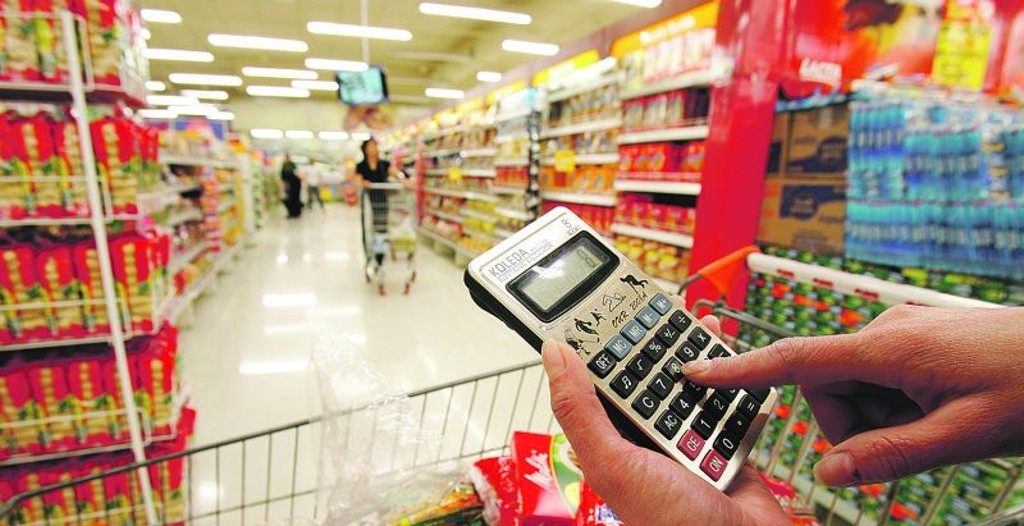RIO DE JANEIRO, BRAZIL – The Institute of Applied Economic Research (IPEA) shows that the inflation recorded by the National Broad Consumer Price Index (IPCA) has followed an upward trajectory recently and projects a 3.5 percent inflation for 2020. In the preceding September estimate, inflation was projected at 2.3 percent.
According to IPEA, part of this boost came from the increase in food prices, but also from other consumer goods. The increase in consumption, combined with the remaining effects of the exchange rate depreciation and the recent rise in international commodity prices, have pushed up the inflation projected for 2020.

The projected increase in food prices in 2020 rose from 11 to 16.2 percent, which should cause this group to account for 60 percent of the IPCA variation this year. The projections also indicate an increase in inflation for consumer goods, from one to 2.5 percent. Services had an increase in projections, from 0.7 to 1.5 percent, with the exception of education services, stable at 1.2 percent.
According to the IPEA, the estimates for government controlled prices showed an improvement: inflation for this segment should close the year at a 0.8 percent increase, compared to one percent in the preceding projection. This review is due to the deferment of some important readjustments, such as medicines and health plans, combined with the positive behavior of energy prices and public transport fares, such as bus, train, and subway.
Despite the second semester of 2020 inflation surge, the projected rate is still below the four percent target for 2020.
Source: Agência Brasil

